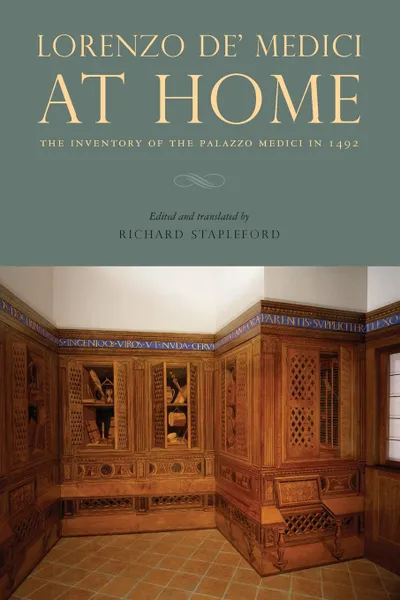Lorenzo de' Medici at Home. The Inventory of the Palazzo Medici in 1492 12+
2013
230 страниц
Категория: Искусство и культура
ISBN: 9780271056425
Язык: Английский
📕 Lorenzo il Magnifico de' Medici was the head of the ruling political party at the apogee of the golden age of Quattrocento Florence. Born in 1449, his life was shaped by privilege and responsibility, and his deeds as a statesman were legendary even while he lived. At his death he was master of the largest and most famous private palace in Florence, a building crammed full of the household goods of four generations of Medici as well as the most extraordinary collections of art, antiquities, books, jewelry, coins, cameos, and rare vases in private hands. His heirs undertook an inventory of the estate, a usual procedure following the demise of an important head of family. An anonymous clerk, pen and paper in hand, walked through the palace from room to room, counting and recording the barrels of wine and the water urns; opening cabinets and chests; unfolding and examining clothes, fabrics, and tapestries; describing the paintings he saw on the walls; and unlocking jewel boxes and weighing and evaluating coins, medals, necklaces, brooches, rings, and cameos. The original document he produced has been lost, but a copy was made by another clerk in 1512. Richard Stapleford's critical translation of this document offers the reader a window onto the world of the Medici family, their palace, and the material culture that surrounded them.
Мнения
